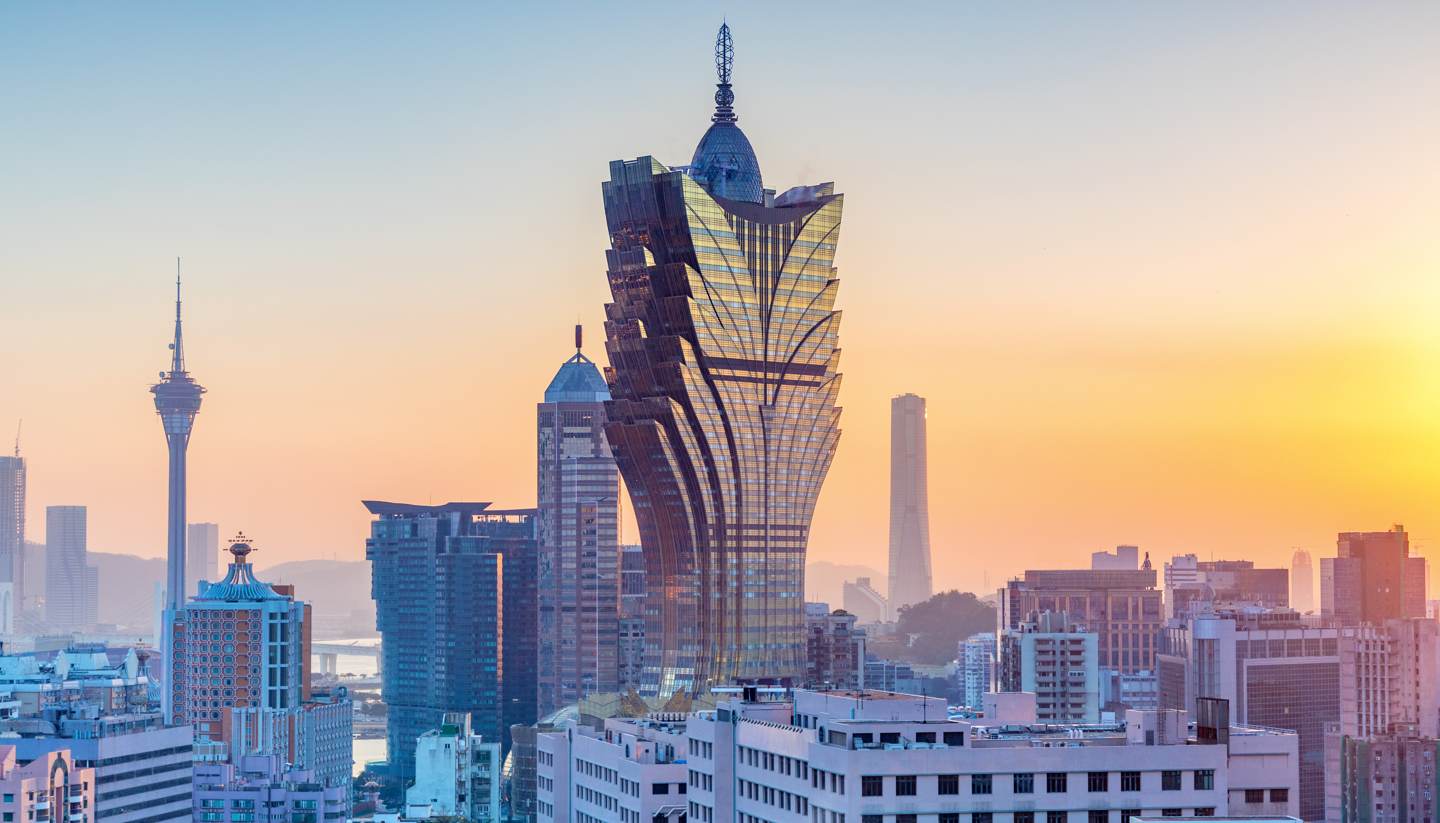Macau city History
Once a booming Portuguese trading port, Macau has transformed into a sizzling gambling mecca.
There is evidence of human habitation on Macau dating back 6,000 years.
In the fifth century, merchant ships travelling between Southeast Asia and Guangzhou began to use the region as a stopping-off point.
The first recorded inhabitants were some 50,000 people seeking refuge from invading Mongols in 1277.
Later in the Ming Dynasty (1368-1644), fishermen migrated here from Guangdong and the Fujian provinces and built the A-Ma Temple.
But Macau hit the big time when the Portuguese arrived in 1557. In 1582 a land lease was signed with the Chinese, and annual rent was paid – an arrangement that continued until 1863. A lucrative sea trade flourished.
The Dutch unsuccessfully tried to conquer Macau in 1622. The need for Macau to defend itself led to the construction of the Guia Fortress.
In 1685, the privileged position of the Portuguese in trade with China ended. Over the next century, other nations established factories and offices in Guangzhou and Macau.
Trade declined further when China ceded Hong Kong to the British in 1842 because larger ships were drawn to Victoria Harbour’s deep-water port.
Attempting to reverse the decline, Portugal declared Macau a free port and in 1849, Portugal declared the colony independent of China.
Macau was handed back to China in 1999 and subsequently moved into a high developmental gear.
New casino concessions were awarded to Las Vegas kingpins, and China mainlanders began to visit in the millions.
By 2006, Macau's neon-fuelled, casino-driven economy had overtaken Hong Kong in GDP growth, and gross gaming receipts outpaced those of Las Vegas.
The global credit crisis and travel restrictions imposed by China on mainland visitors in 2008 may have dealt a double blow, but by 2014, Macau had the fastest-growing economy of any city in the world.
Did you know?
• Macau is the only place in China where gambling is legal.
• The historic centre of Macau was inscribed on UNESCO’s World Heritage list in 2005.
• Custardy egg tarts are a delicious edible legacy of Macau’s Portuguese heritage.


